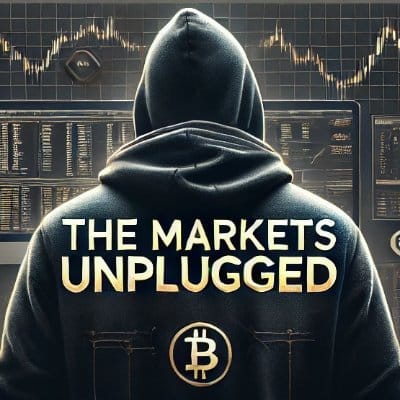South Korea Passes Crypto Disclosure Bill, Do Kwon Detained in Montenegro and Binance Launches Support for USDT on Polkadot
South Korea Passes Bill Requiring Crypto Exchanges to Disclose Customer Information
The cryptocurrency industry is facing increasing scrutiny from regulators around the world. In South Korea, the National Assembly has passed a bill that would require crypto exchanges to disclose customer information. The bill, which was passed on Wednesday, is designed to help prevent money laundering and other financial crimes.
Under the new law, crypto exchanges will be required to collect personal information from their customers, including their names, addresses, and phone numbers. They will also be required to report suspicious activity to the authorities.
The bill has been welcomed by regulators in South Korea, who have been concerned about the potential for cryptocurrency to be used for illegal activities. However, some industry insiders have expressed concerns that the new law could stifle innovation in the crypto space.

Do Kwon's Bail Revoked in Montenegro, Facing Charges in Both Montenegro and the United States
In other news, Do Kwon, the co-founder of Terraform Labs, will remain in detention in Montenegro after a high court revoked his bail. Kwon was arrested in Montenegro in April on charges of falsifying official documents. He had been granted bail on May 17, but the high court revoked the bail on May 24.
The high court said that the lower court had not sufficiently assessed the value of Kwon's assets. The Montenegrin lower court could not accept the value of Kwon's property "based on statements, but only on concrete evidence."
Kwon is facing charges in both Montenegro and the United States. The U.S. Securities and Exchange Commission has charged Kwon and Terraform Labs with fraud. The SEC alleges that Kwon and Terraform Labs made false and misleading statements about the TerraUSD stablecoin.
Kwon has denied the charges against him.
The detention of Kwon is a setback for the Terra ecosystem. TerraUSD was one of the largest stablecoins in the world, and its collapse in May caused billions of dollars in losses. The detention of Kwon could further damage the Terra ecosystem and make it more difficult for Terraform Labs to recover from the collapse of TerraUSD.

EU Financial Stability Watchdog Warns of Systemic Risk from Crypto Conglomerates and DeFi
The European Systemic Risk Board (ESRB) is worried that crypto conglomerates and DeFi could pose a systemic risk to the financial system. The ESRB has called on national authorities to take steps to mitigate these risks, such as increasing oversight and developing regulatory frameworks. The ESRB's report is the latest sign of growing concern among regulators about the risks posed by crypto assets.

Binance and Polkadot Team Up to Make USDT More Accessible to Decentralized Applications
Finally, Binance has launched support for Tether's USDT stablecoins that are resident on the Polkadot blockchain. This means that users can now deposit and withdraw USDT on the Polkadot network through Binance.
USDT is the most widely adopted stablecoin in the world, with a market cap of over $70 billion. Its integration with Polkadot is a major development for the network. It could make it easier for users to use USDT on decentralized applications (dApps) built on Polkadot.
For example, users could now use USDT to purchase NFTs on the Polkadot network. It could also help to increase the liquidity of the Polkadot ecosystem. This is because USDT is a popular trading pair for many other cryptocurrencies.
The integration of USDT with Polkadot is a positive development for both networks. It could make it easier for users to use USDT on decentralized applications built on Polkadot and increase the liquidity of the Polkadot ecosystem.
Overall, it has been a busy week in the cryptocurrency industry. With regulators around the world increasing their scrutiny of the industry, it will be interesting to see how these developments play out in the months and years to come.














Discussion